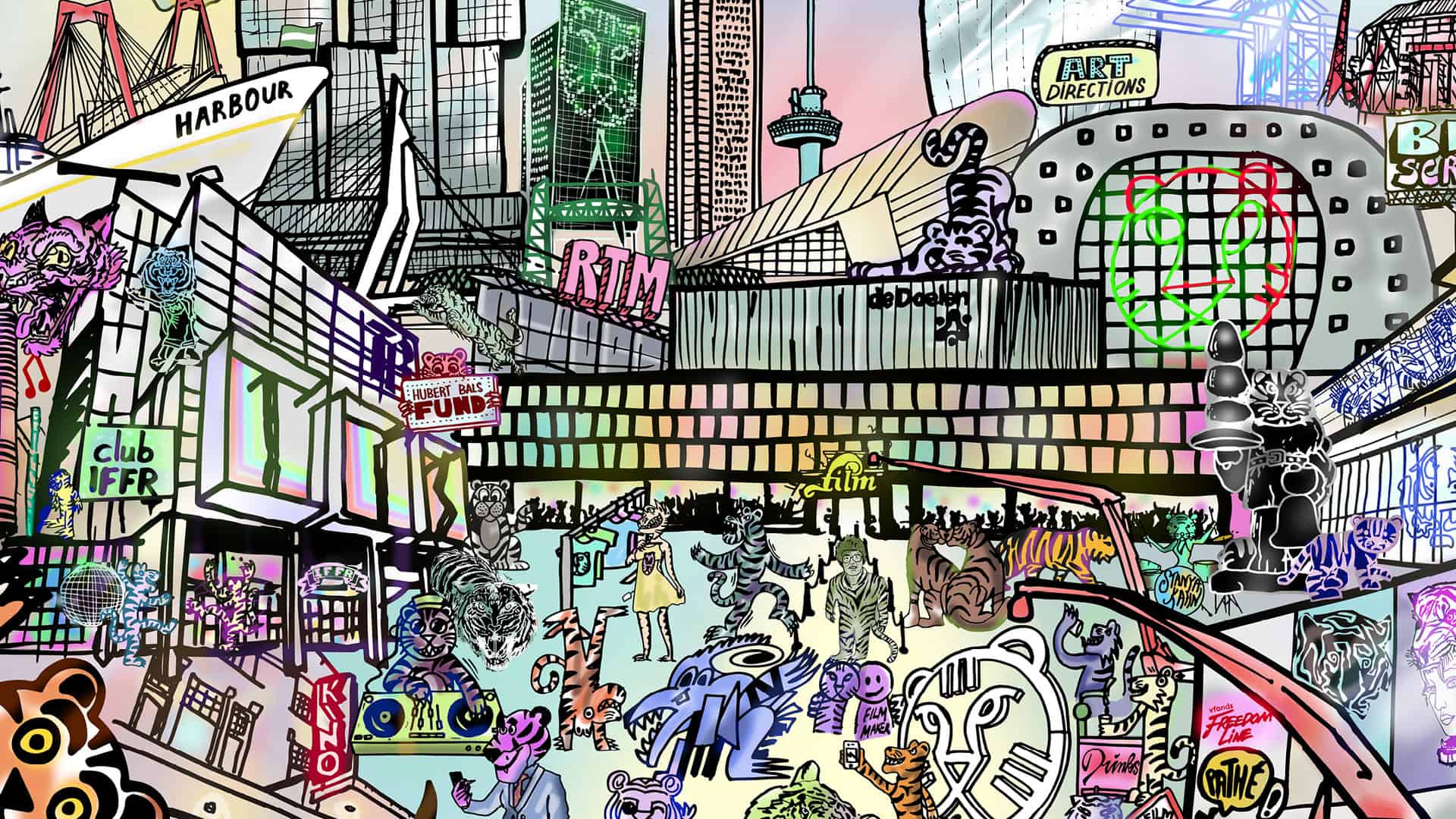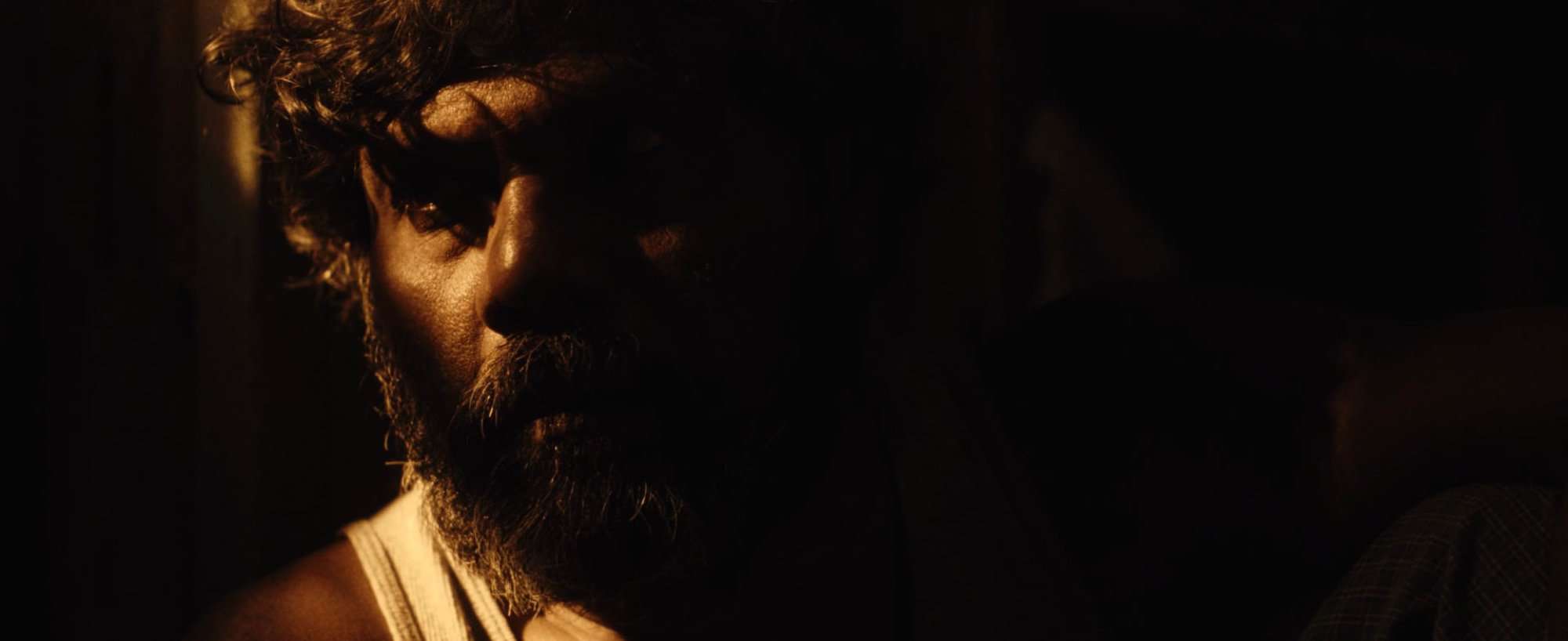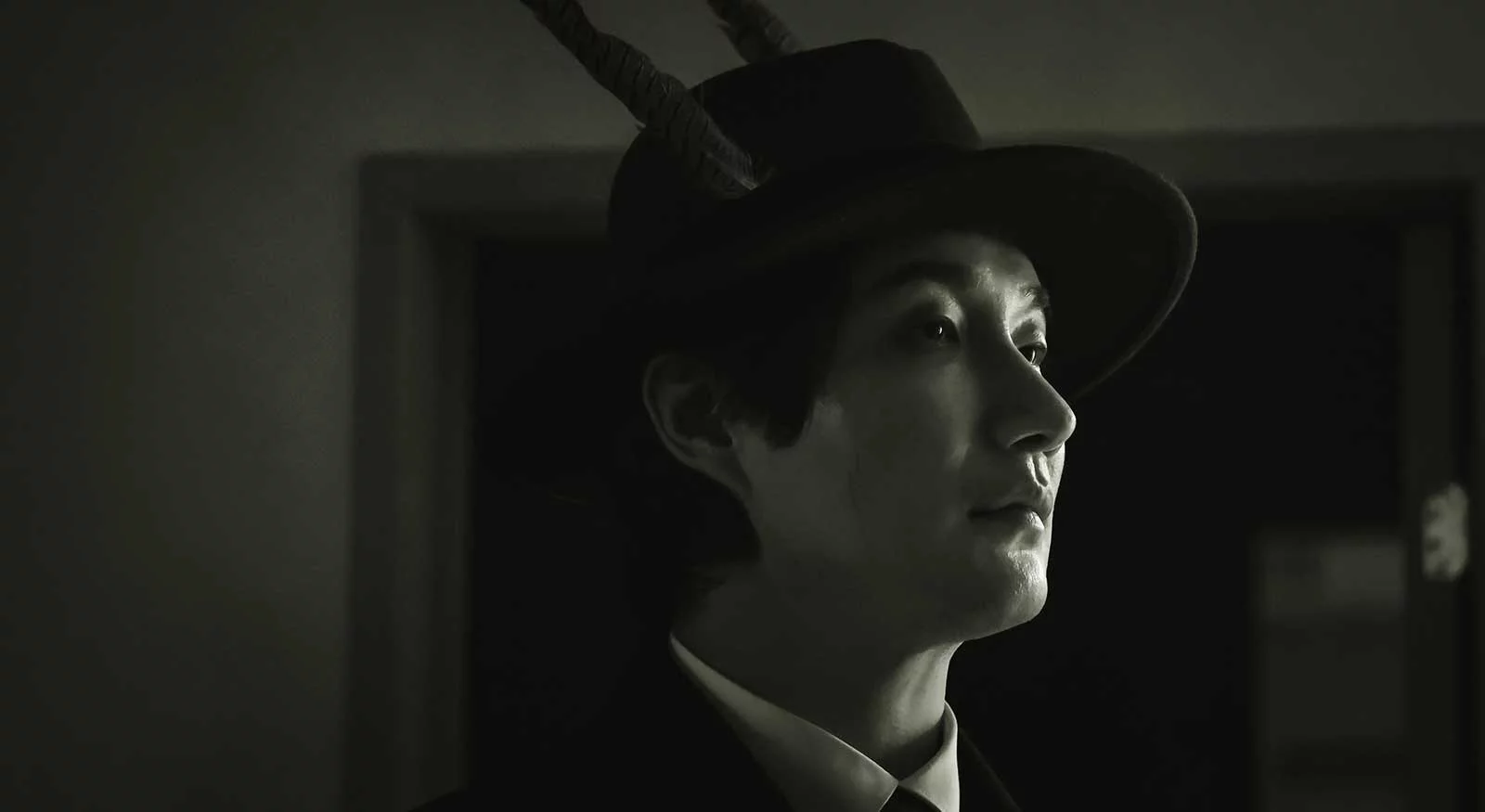According to my own experience, one of the most relatable reasons to cry nowadays is watching the news, and the sympathy goes straight to one of the four protagonists (Melis Sevinç) of Umut Subasi's debut feature “Almost Entirely a Slight Disaster” that world-premiered in “Bright Future” program of Rotterdam International Film Festival, for reacting exactly that way.
Almost Entirely a Slight Disaster screened at International Film Festival Rotterdam

Covid-19 Related financial crisis has affected most middle-class households as well, not only those in the working class and the lowest socioeconomic strata. Subasi's gaze reveals the effects of its blow on our psyche. The situations she is putting her main characters in are mostly absurdist, the way the life usually unfolds. But, are we dealing with first world problems here? Generally speaking, we do. There are no big scale problems in sight, just a daily dose of “what next?”
A well-off, married man (Mert Can Sevimli) is out of his apartment as often as he can fake a business trip. A broke student is milking her flatmate for the rent money while trying to get a visa to go abroad. The other girl (Melisa Bostancıoğlu) is trying to figure out what to say when dating a young guy (İbrahim Arıcı), whose idea of earning money is between playing lottery and attempting to get a bank loan. Their circle of lies takes a full turn, with tragicomic outcomes. Or at least, that was the idea.
“Almost Entirely a Slight Distaster” is trying to strike humorous tones, and it also struggles to become a full-bodied drama due to its nonchalant treatment of main characters who are interesting per se, albeit not always clearly ‘there'. On the one hand, their personal crises, always expressed while alone, are something the viewer can relate to. On the other, we do not come close to all of them to be able to comprehend who is suffering what sorrow exactly. The four intertwining stories of individuals with their small mundane problems fail to click together in a smooth manner, although it is easy to understand the sense of entrapment and loneliness, also when someone is actually not alone. Some are lost in their dreams of being in some other place, and the others are pretending to be someone else. The film does speak a universal language regarding the loss of orientation, and depressions we've been collectively going through since the beginning of 2020.
If the idea of the movie was to mimic the (1960s and 1970s) French critique of the burgeois milieu, a bit of meatier dialogues would have benefited it, because it is not the malaise one sees, but more of the ‘je ne sais quoi' in its quite literal meaning. The spoken words mostly sound how people talk with each other in real life, which isn't necessary something that always works well in a movie, but here it has its charm. There are some excellently plotted situations, like the money that is being passed from hand to hand, full circle, establishing the contact between all four characters. Also excellent is the use of Ludvig van Beethoven's “The Ruins of Athens, Op 113: Turish March” throughout the film, as a commentary and a rhythm-giver.
















